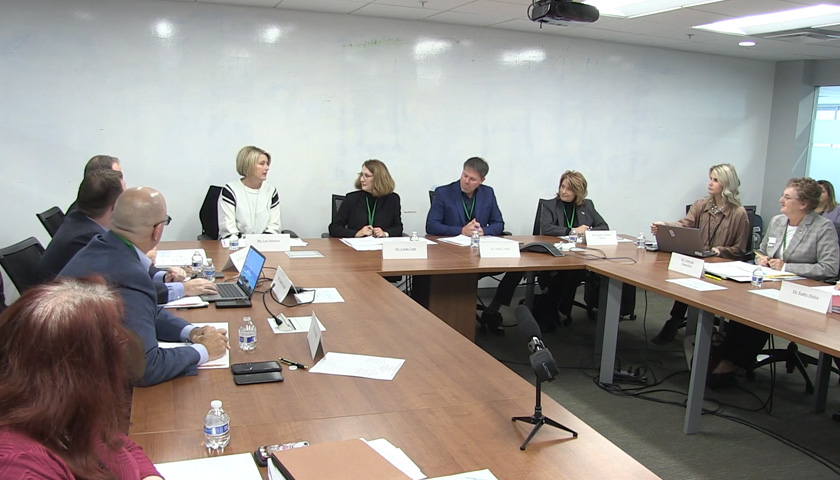The release of the “Nation’s Report Card” on October 24th has led to a variety of pronouncements from a variety of experts. Many have expressed grave concerns over the potential effects on students, due to lost instructional time during the recent COVID pandemic. The value of this national test, designed to measure fourth and eighth-grade student learning, is in of itself a hotly debated issue. While the interpretation of the results of the National Assessment of Educational Progress (NAEP), which supplies the data for the Report Card, may be open to debate, they do offer a large trove of valuable information that can be used in the consideration and evaluation of policy. In some cases, providing a warning of future outcomes.
This year, Florida is publically celebrating its successful outcomes. In the wake of the positive results, Governor DeSantis sent out a press release using NEAP results to defend his response to COVID and his commitment to keeping schools open,
“We also knew that younger and at-risk students would be the most impacted if schools were closed, and the results speak for themselves. In Florida our 4thgrade students rank #3 in Reading and #4 in Math, achieving top 4 in both English and Math for the first time in state history, while lockdown California and New York aren’t even in the top 30.”.
While Florida’s fourth-grade results are exceptionally positive, they don’t tell the whole story.
Read the full story
























